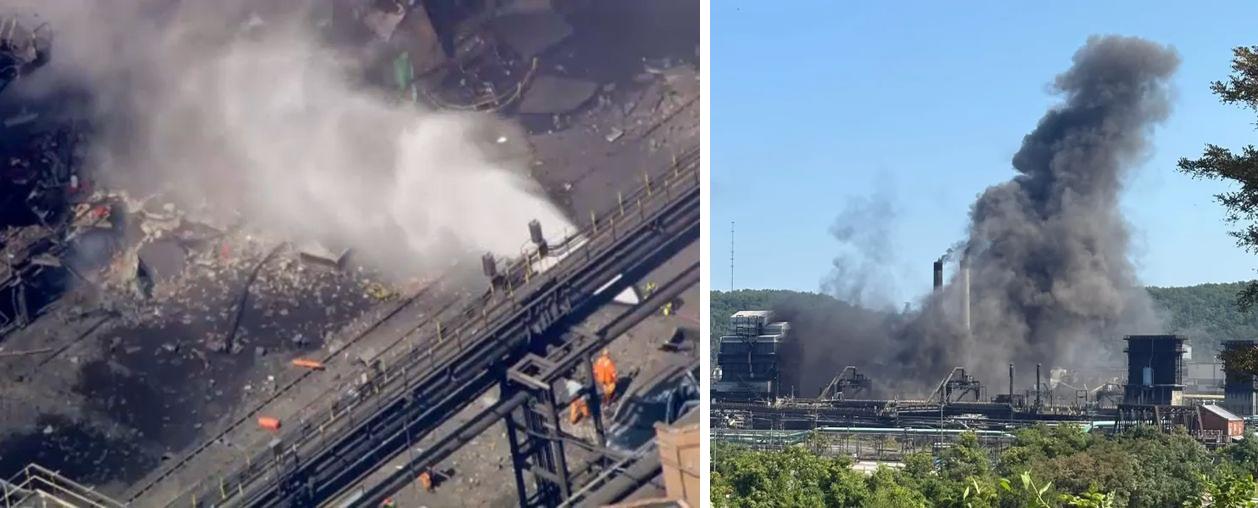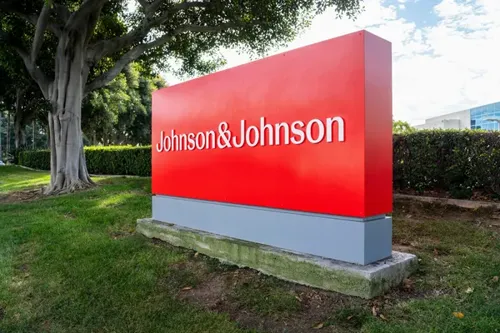Clairton Coke Works Blast Kills One, Dozens Injured or Trapped in Pennsylvania
A deadly explosion at the Clairton Coke Works, a U.S. Steel plant located about 20 miles south of Pittsburgh, has left one person dead and dozens injured or trapped beneath debris, according to Allegheny County emergency services. The incident occurred Monday morning and has prompted a large-scale rescue effort.
Authorities confirmed that a fire ignited at the facility at approximately 10:51 a.m. ET. Abigail Gardner, communications director for Allegheny County, stated that rescue operations are underway to reach those trapped under rubble. She also said the county’s Health Department is on-site monitoring air quality, with additional details to be released when available.
The Clairton Coke Works facility, situated along the Monongahela River, is a major part of U.S. Steel’s operations in western Pennsylvania. It is recognized as the largest coke manufacturing plant in North America, producing about 4.3 million tons of coke annually. Coke, a carbon-rich fuel, is produced by heating coal and is essential for steelmaking.
Sources told reporter Ricky Sayer of Pittsburgh’s KDKA that the explosion occurred inside the plant’s “reversing room,” an area within the coke oven system designed to manage airflow and gas during the coal heating process. Two individuals are currently receiving treatment at UPMC Mercy Hospital in Pittsburgh, a hospital spokesperson confirmed to CNN.
Construction worker Zachary Buday, who was near the site at the time, described the impact to WTAE-TV: “Felt like thunder. Shook the scaffold, shook my chest and shook the building. Then we saw the dark smoke coming up from the steel mill and put two and two together.”
Pennsylvania Governor Josh Shapiro announced via X that state officials are in contact with local authorities and urged residents to follow official instructions. “Please join Lori and me in praying for the Clairton community,” he said.
The plant has faced environmental lawsuits in recent years, including a 2019 settlement of $8.5 million over emissions concerns, along with a $6.5 million commitment to cut soot and odor output.





COMMENTS (0)
Sign in to join the conversation
LOGIN TO COMMENT